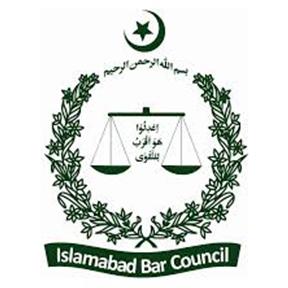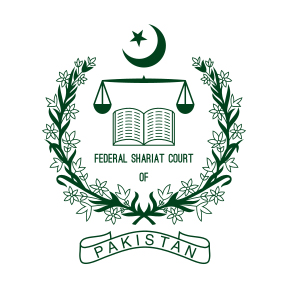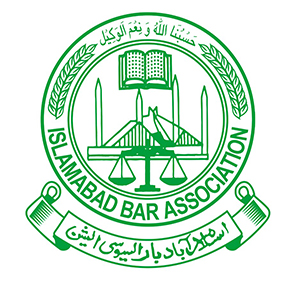The family is the natural and fundamental group unit of society and is entitled to protection by society and the State as declared by Universal Declaration of Human Rights.
The right to family reunification of EU citizens is established under
Directive 2004/38/EC. The Family reunification Directive establishes the rules under which non-EU nationals can bring their family members to the EU country in which they are legally residing and whereas the right to family reunification
of third-country nationals are established under Directive 2003/86/EC.
WHAT IS THE AIM OF THE DIRECTIVE?
It aims to set out common rules of law relating to the right to family reunification. The intention is to enable family members of non-EU nationals residing lawfully on the territory of the EU to join them in the EU country in which they are residing. The objective is to protect the family unit and to facilitate the integration of nationals of non-member countries.It does not apply to Ireland, Denmark and the United Kingdom. In addition, it does not preclude any more favourable conditions recognised by national legislation.
The following are considered family members of a residing foreign national:
- Spouse;
- Minor children; or any dependent to one of the spouses;
- Minors adopted by a non-married applicant, by the applicant himself or the spouse, following a decision by the competent authority from the country of origin, as long as the law of the country recognizes adopted children the same rights and duties as to natural children, and as the decision is recognized by Portugal. Non-minor children, dependent to the couple or one of the spouses, single and studying in a Portuguese institution, when the residency permit has been granted
- First-degree lineal ascendants, dependents of either the resident or his/her spouse;
- Minor brothers or sisters, as long as under the guardianship of the resident, when in harmony with a decision issued by the competent authority from the country of origin.
- the sponsor’s spouse;
- the minor children of the couple (i.e. unmarried children below the legal age of majority in the EU country concerned), or of one member of the couple, where he/she has custody and the children are dependent on him/her, including adopted children.
EU countries remain free to authorise, under certain conditions, family reunification of:
- first-degree ascendants in the direct line (father and mother of the foreign national);
unmarried children above the age of majority;
- unmarried partners.
Polygamy is not recognised;
Only one spouse can benefit from the right to reunification. Likewise, children of the ineligible spouses are excluded from the right to reunification unless their best interests warrant it (in accordance with the 1989 Convention on Children’s Rights).EU countries are also permitted to require the non-EU national and his/her spouse to be of a minimum age before they can exercise the right to family reunification.
- EU countries determine whether it is the foreign national, or the family members who wish to join him/her, who is to submit the application for family reunification. Except in special cases, the family member to be reunited must remain outside the EU during the procedure. The application must be accompanied by documentary evidence of the family relationship and of compliance with the conditions laid down. The application must be examined within 9 months after submission.
- The person concerned may be required to have accommodation that meets general safety and health standards, sickness insurance and stable resources sufficient to maintain himself/herself and the members of his/her family. Furthermore, he/she may be required to abide by integration measures under national law, as well as to have resided in the EU country in question for a certain period of time (2 years maximum) before being joined by the family members.
- A family member may be refused entry or residence on grounds of public policy, internal security or public health. This also applies in the case of fraud (falsification of documents, marriage of convenience, etc.). The same grounds may justify the withdrawal or non-renewal of a permit that has already been granted.
- Persons whose permit is refused, withdrawn or not renewed must have the right to mount a legal challenge.
- With regard to the family reunification of refugees, EU countries may not impose conditions regarding a minimum stay in the territory before being joined by their family members. Furthermore, they are exempt from fulfilling the above conditions relating to accommodation, health insurance and resources if the application for family reunification is submitted within 3 months of refugee status being given.
Rights of family members:
- Family members of the foreign national are entitled to a residence permit of the same duration as that of the person they have joined and, on the same terms as that person, to access to education, employment and vocational training.
- After 5 years of residence (not later), the spouse or unmarried partner and any children who have reached majority are entitled to an autonomous residence permit.
The conditions relating to the granting and duration of the autonomous residence permit are established by national law. EU countries may only limit the granting of the autonomous residence permit for spouses or unmarried couples in cases of breakdown of the family relationship.
If your family member is permanent resident/Citizen of any EU Member States, his spouse, unmarried children and relatives falling within the permitted degree as per EU law, you can move application for family reunification to join the sponsor in the EU Member State permanently and can enjoy all right and prerogatives as envisaged and protected under the directive of EU Law.
If you have any questions or need further information, please do not hesitate to schedule of appointment for free consultation session with our Immigration Lawyer for handling your family reunification case.








